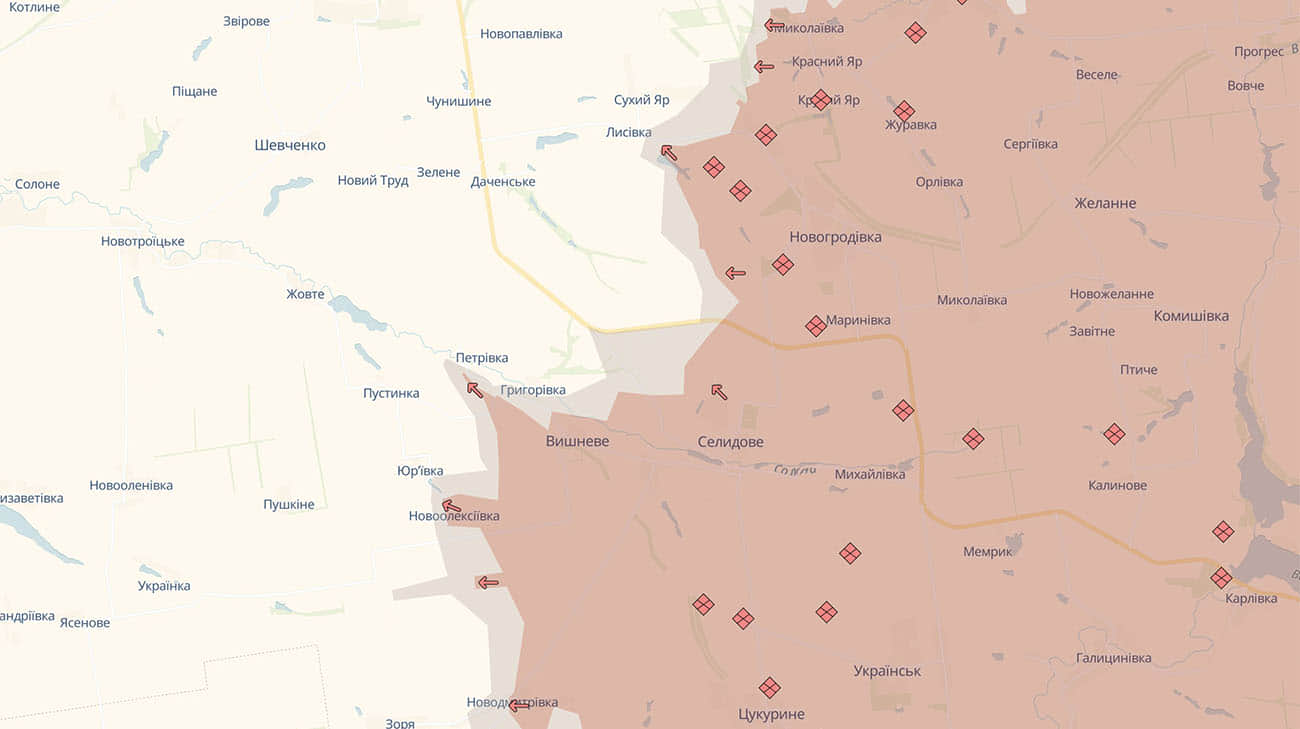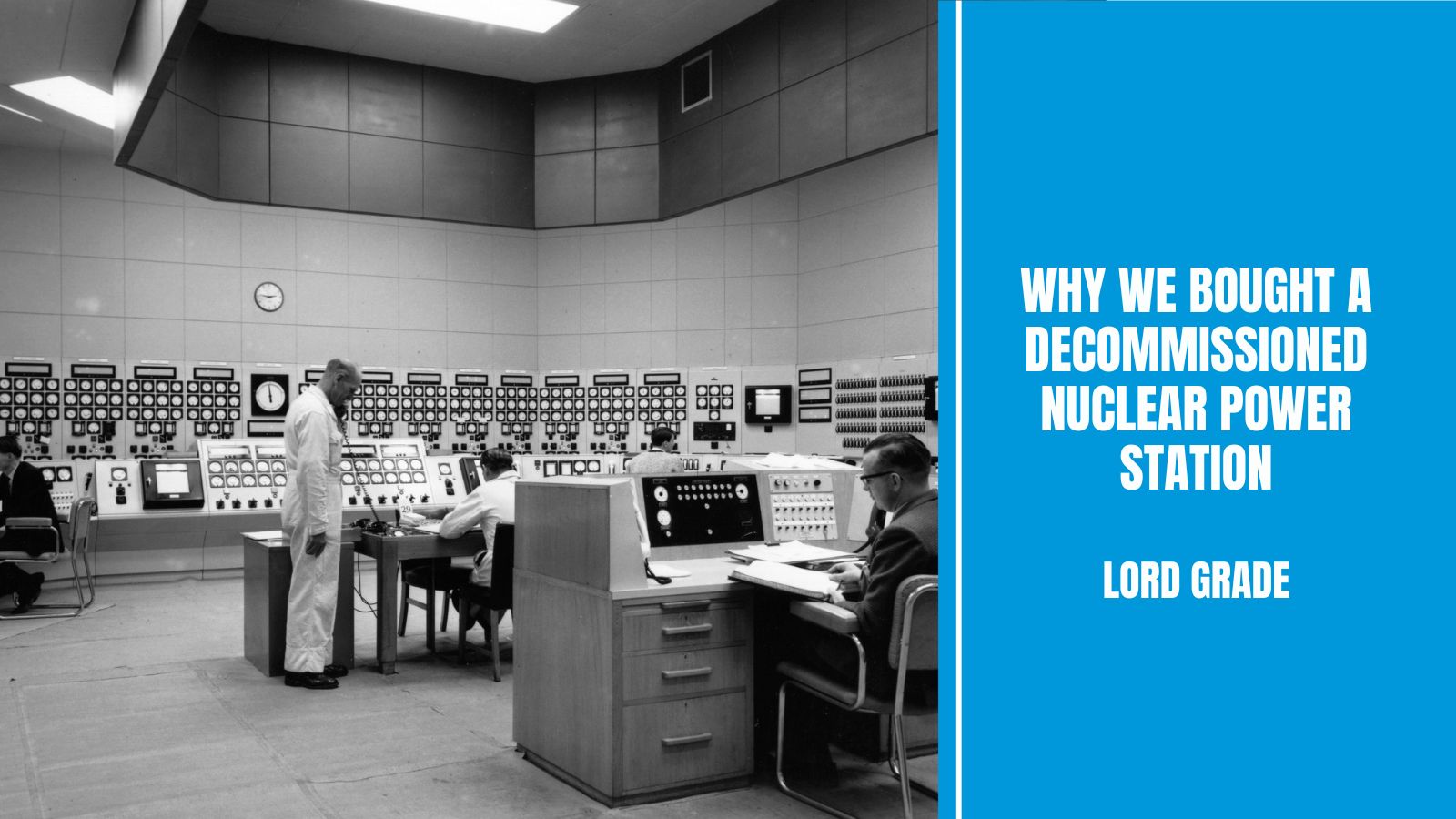Harris Set the Traps, and Trump Dumbly Walked Right Into Them
The biggest problem with the first presidential debate this year was obvious almost from the very start. Joe Biden was incoherent. He struggled to answer questions. It was clear that he was incapable of fulfilling another term as president—a conclusion Biden himself ultimately arrived at a month later, when he announced he would not seek a second term and endorsed Vice President Kamala Harris. There was another problem, however, that was nearly as serious. In that debate, Donald Trump was also incoherent. More than that, he was deranged. He would rave about wild fantasies—undocumented immigrants committing violent crimes with impunity, babies being murdered minutes after being born—and often did so when asked about an entirely different topic. He looked old, diminished, beleaguered. But Biden, being older and more diminished, was incapable of making the case against him. In fact, Biden’s debate performance was such a disaster that it overshadowed what could have been the story of the night: Trump’s growing extremism and paranoia.That’s not a problem anymore. Harris undoubtedly “won” her debate against Trump on Tuesday night, but it’s important to understand why. She accomplished what Biden simply could not: to make it obvious that Trump is not only unfit for office but severely unhinged—even more hinged than four years ago, when he tried to foment a coup. The contrast between the two candidates could not have been clearer during the debate. Harris made the case that she was confident and knowledgeable enough to be president, but more important, she baited Trump into reminding voters of just how crazy he is—and how exhausting a second Trump term would be. Harris’s opening statement was marred by nerves, but it set the stage for what was to come: She made the case that she was a normal person from a normal family running against a crazy extremist. Again and again, Harris successfully triggered Trump, who flew off on wild digressions—particularly on the subjects he should be strongest about. When the debate turned to immigration, Harris got him talking about crowd sizes—and then he started ranting about racist, xenophobic conspiracy theories about Haitian immigrants eating people’s pets. She reminded him that he lost the 2024 presidential election fair and square, and that world leaders privately mocked him, which sent Trump on narcissistic tangents that only emphasized Harris’s core argument: Trump doesn’t care about voters; he only cares about himself. On abortion, Harris barely had to do anything. Trump openly boasted about his biggest election vulnerability—his pivotal role in the overturning of Roe v. Wade—and spent most of that portion of the debate parroting yet more insane right-wing conspiracy theories. Harris didn’t have to be particularly clever; this was the equivalent of Bugs Bunny luring Elmer Fudd into a trap. But it was incredibly effective. Trump spent most of the 90 minutes foaming at the mouth—mostly about things that were of absolutely no significance to the normal lives of ordinary people, and often in ways that were either incoherent or detached from reality. Trump looked like a raving maniac—which is to say, he showed his true character.Trump spoke far more than Harris during the debate, in part because ABC News moderators David Muir and Linsey Davis weren’t firm enough with Trump when he wanted to get another word in. But this turned out to be an in-kind campaign contribution to Harris. She got under Trump’s skin immediately, then simply sat back while he dug his own grave—and Muir and Davis let him.None of this is to say that Harris was perfect. She did a lot of dodging. She didn’t settle some of the biggest open questions about her campaign—like her lack of a comprehensive policy agenda, or the fact that it’s still not clear what her biggest priorities will be if elected, or how she differs from Biden. These remain significant vulnerabilities for her campaign. But Harris fixed the biggest problem she is facing right now. Over the last week, she lost the momentum that had sustained her since she became the Democratic nominee in late July. The polls were narrowing. Concerns about Harris’s reluctance to say what exactly she would do if elected were growing. The reality of this election—that it will likely be extremely close—began to sink in. Harris’s campaign had grown too cautious. Unwilling to risk negative coverage or controversy, it had instead settled into a kind of political inertia. This will likely still be a close election. But Tuesday’s debate was a reminder of the stark choice facing voters. Harris was strong and assured, while Trump was certifiably insane. Come Wednesday, one hopes, there are significantly fewer undecided voters in America than there were a day ago.

The biggest problem with the first presidential debate this year was obvious almost from the very start. Joe Biden was incoherent. He struggled to answer questions. It was clear that he was incapable of fulfilling another term as president—a conclusion Biden himself ultimately arrived at a month later, when he announced he would not seek a second term and endorsed Vice President Kamala Harris.
There was another problem, however, that was nearly as serious. In that debate, Donald Trump was also incoherent. More than that, he was deranged. He would rave about wild fantasies—undocumented immigrants committing violent crimes with impunity, babies being murdered minutes after being born—and often did so when asked about an entirely different topic. He looked old, diminished, beleaguered. But Biden, being older and more diminished, was incapable of making the case against him. In fact, Biden’s debate performance was such a disaster that it overshadowed what could have been the story of the night: Trump’s growing extremism and paranoia.
That’s not a problem anymore. Harris undoubtedly “won” her debate against Trump on Tuesday night, but it’s important to understand why. She accomplished what Biden simply could not: to make it obvious that Trump is not only unfit for office but severely unhinged—even more hinged than four years ago, when he tried to foment a coup. The contrast between the two candidates could not have been clearer during the debate. Harris made the case that she was confident and knowledgeable enough to be president, but more important, she baited Trump into reminding voters of just how crazy he is—and how exhausting a second Trump term would be.
Harris’s opening statement was marred by nerves, but it set the stage for what was to come: She made the case that she was a normal person from a normal family running against a crazy extremist. Again and again, Harris successfully triggered Trump, who flew off on wild digressions—particularly on the subjects he should be strongest about. When the debate turned to immigration, Harris got him talking about crowd sizes—and then he started ranting about racist, xenophobic conspiracy theories about Haitian immigrants eating people’s pets. She reminded him that he lost the 2024 presidential election fair and square, and that world leaders privately mocked him, which sent Trump on narcissistic tangents that only emphasized Harris’s core argument: Trump doesn’t care about voters; he only cares about himself. On abortion, Harris barely had to do anything. Trump openly boasted about his biggest election vulnerability—his pivotal role in the overturning of Roe v. Wade—and spent most of that portion of the debate parroting yet more insane right-wing conspiracy theories.
Harris didn’t have to be particularly clever; this was the equivalent of Bugs Bunny luring Elmer Fudd into a trap. But it was incredibly effective. Trump spent most of the 90 minutes foaming at the mouth—mostly about things that were of absolutely no significance to the normal lives of ordinary people, and often in ways that were either incoherent or detached from reality. Trump looked like a raving maniac—which is to say, he showed his true character.
Trump spoke far more than Harris during the debate, in part because ABC News moderators David Muir and Linsey Davis weren’t firm enough with Trump when he wanted to get another word in. But this turned out to be an in-kind campaign contribution to Harris. She got under Trump’s skin immediately, then simply sat back while he dug his own grave—and Muir and Davis let him.
None of this is to say that Harris was perfect. She did a lot of dodging. She didn’t settle some of the biggest open questions about her campaign—like her lack of a comprehensive policy agenda, or the fact that it’s still not clear what her biggest priorities will be if elected, or how she differs from Biden. These remain significant vulnerabilities for her campaign.
But Harris fixed the biggest problem she is facing right now. Over the last week, she lost the momentum that had sustained her since she became the Democratic nominee in late July. The polls were narrowing. Concerns about Harris’s reluctance to say what exactly she would do if elected were growing. The reality of this election—that it will likely be extremely close—began to sink in. Harris’s campaign had grown too cautious. Unwilling to risk negative coverage or controversy, it had instead settled into a kind of political inertia.
This will likely still be a close election. But Tuesday’s debate was a reminder of the stark choice facing voters. Harris was strong and assured, while Trump was certifiably insane. Come Wednesday, one hopes, there are significantly fewer undecided voters in America than there were a day ago.



